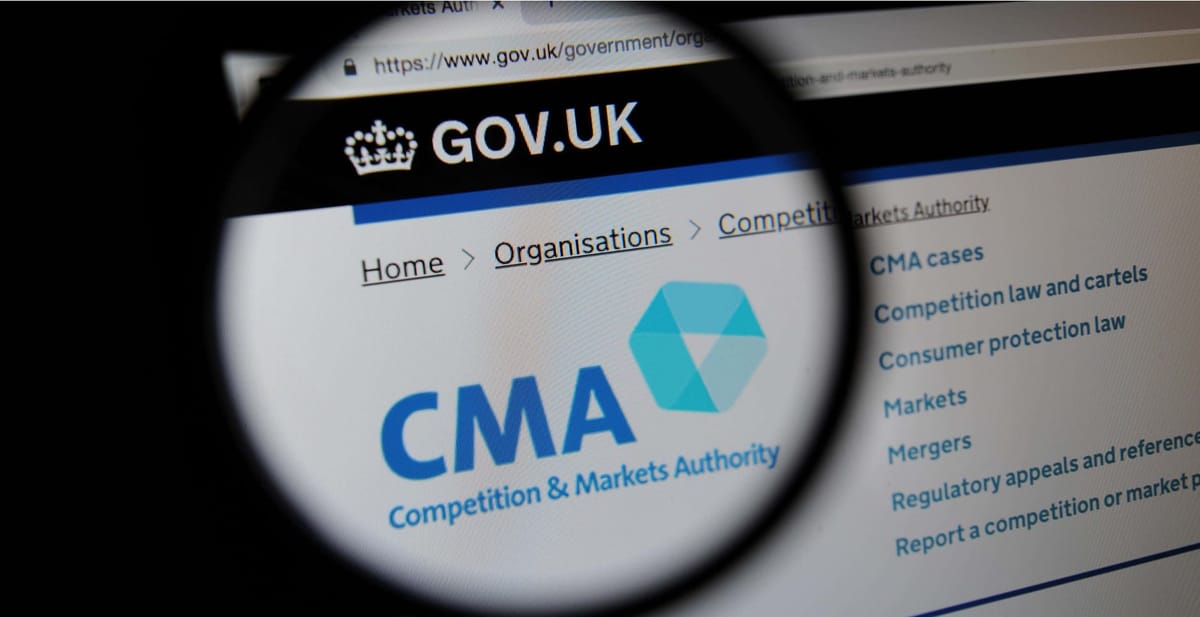
The UK’s competition watchdog has ruled that Microsoft’s deep financial ties with OpenAI do not constitute a merger and, therefore, do not require further scrutiny under the country’s competition laws. The decision, announced Wednesday, follows an investigation launched in December 2023, which examined whether Microsoft’s influence over OpenAI had grown to a level that could harm competition.
Key Points
- The CMA determined that Microsoft has “material influence” but not control over OpenAI.
- The agency was initially concerned about Microsoft’s role in OpenAI’s governance and AI market dominance.
- Recent changes in the partnership, including OpenAI securing independent cloud deals, reduced Microsoft’s exclusivity.
- The ruling follows similar findings by the CMA in previous investigations into AI partnerships.
Microsoft has invested nearly $14 billion into OpenAI since 2019, becoming its largest financial backer and the exclusive provider of cloud computing services for OpenAI’s AI models. The CMA was particularly focused on whether Microsoft’s involvement in the reinstatement of OpenAI CEO Sam Altman last November signaled an increase in control over the AI company.
However, the regulator ultimately found that while Microsoft has “a high level of material influence” over OpenAI, this influence does not amount to “de facto control.” Notably, recent developments in the partnership, including Microsoft renegotiating elements of its cloud agreement and OpenAI pursuing independent cloud deals, weakened Microsoft’s exclusivity.
“Material aspects of the [Microsoft] partnership have been changing over the course of the investigation,” the CMA noted, highlighting OpenAI’s recent $500 billion U.S. data center deal with SoftBank as an example of its growing independence. Microsoft’s decision to forgo a board seat at OpenAI last year also played a role in easing regulatory concerns.
The CMA has been actively monitoring the AI industry, previously clearing Google parent Alphabet’s investment in OpenAI rival Anthropic. While the watchdog remains concerned about potential market consolidation in AI, this ruling suggests regulators are not yet prepared to intervene in major AI partnerships unless clear evidence of anti-competitive control emerges.

